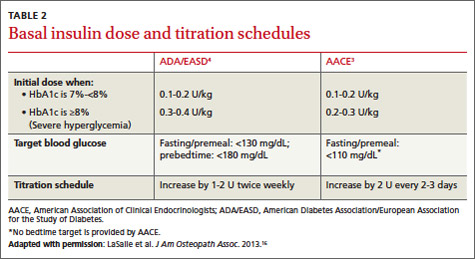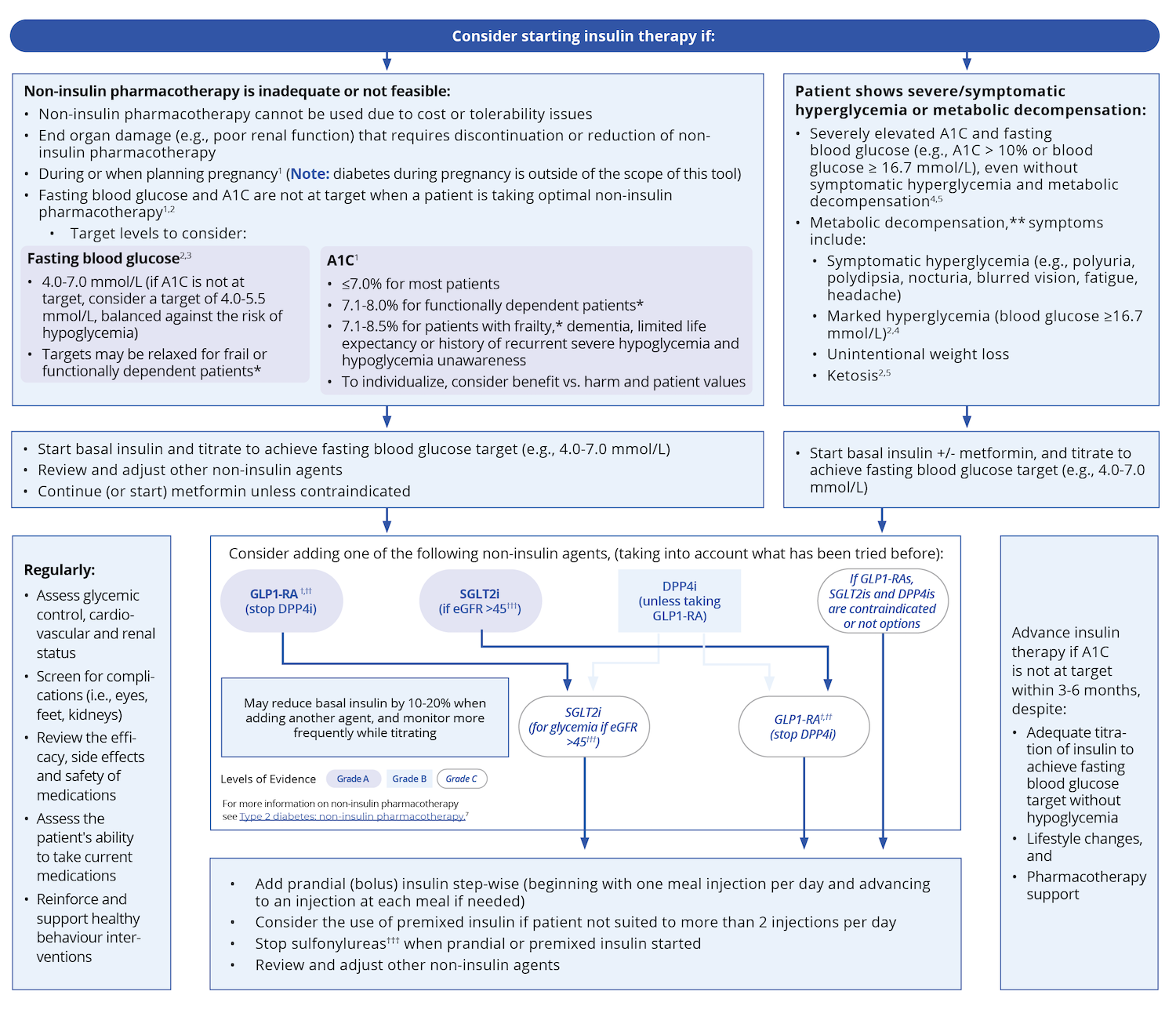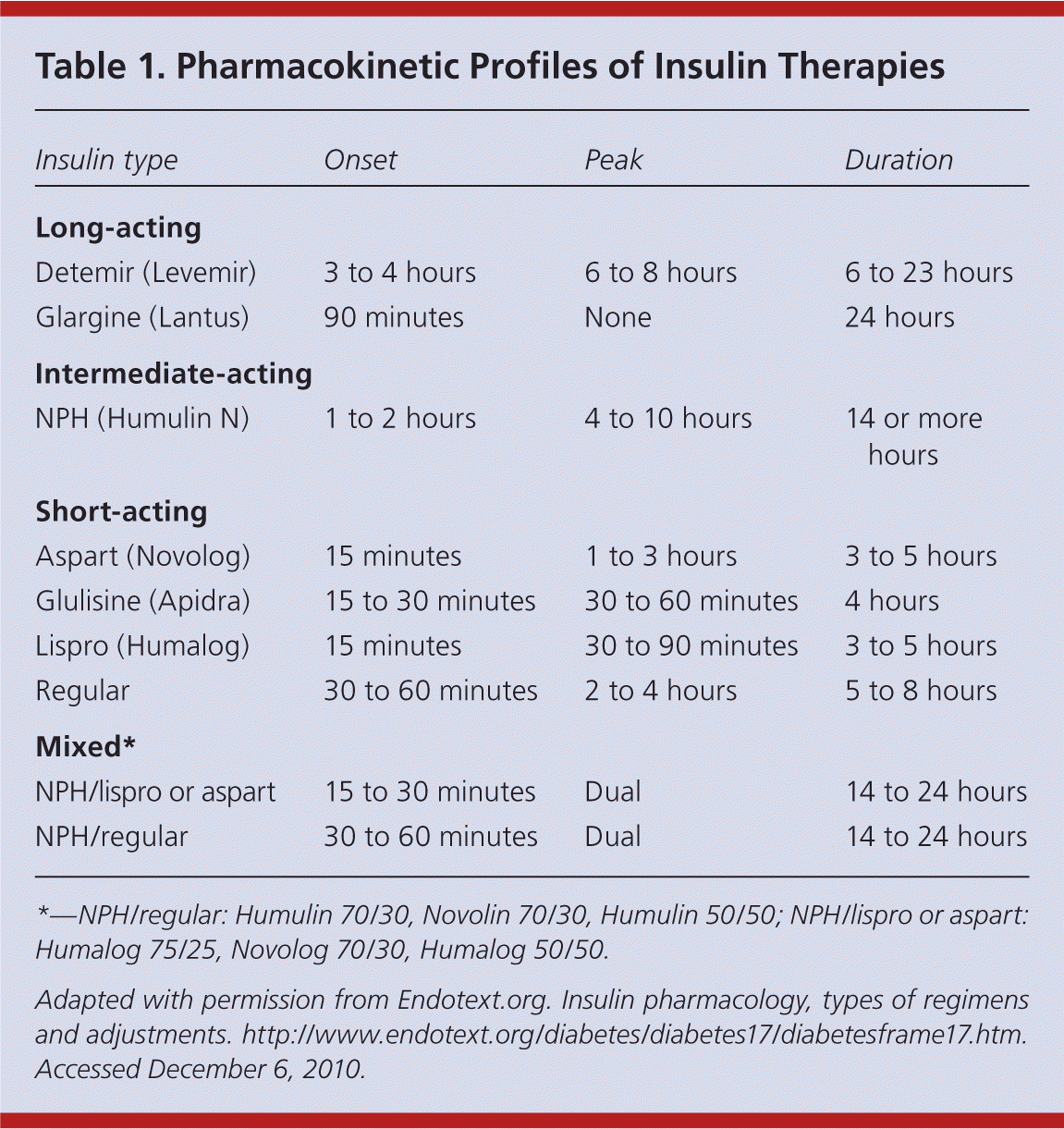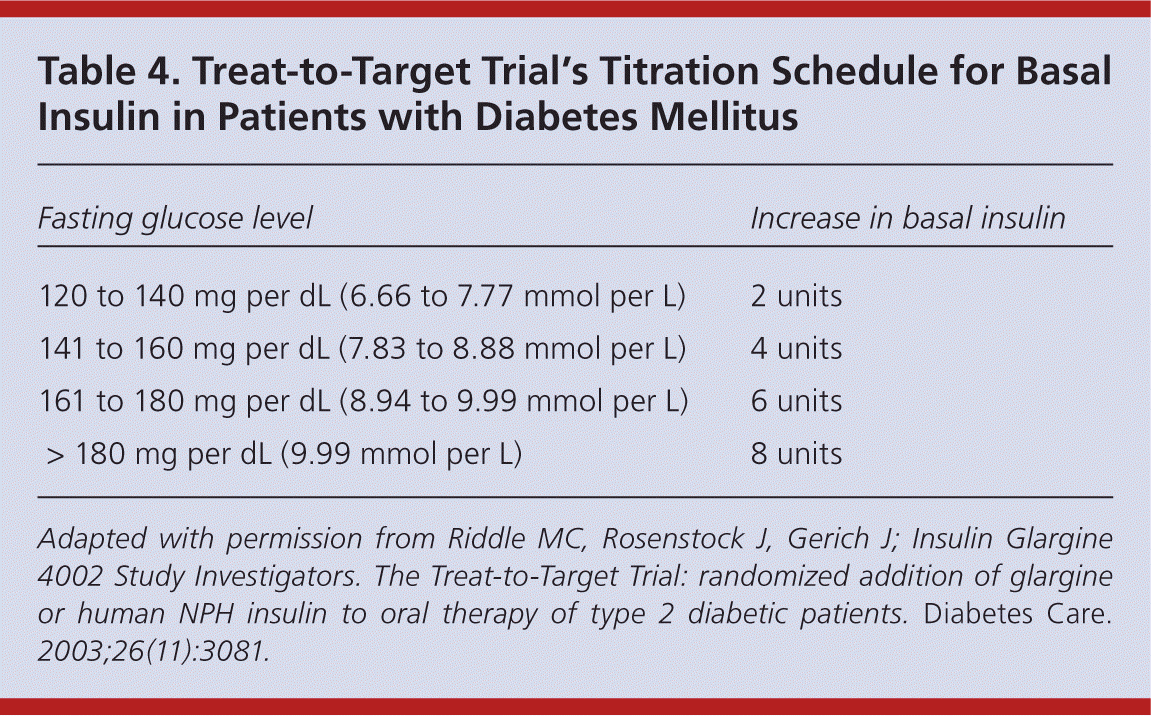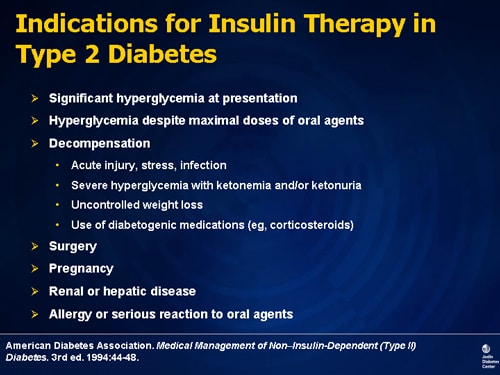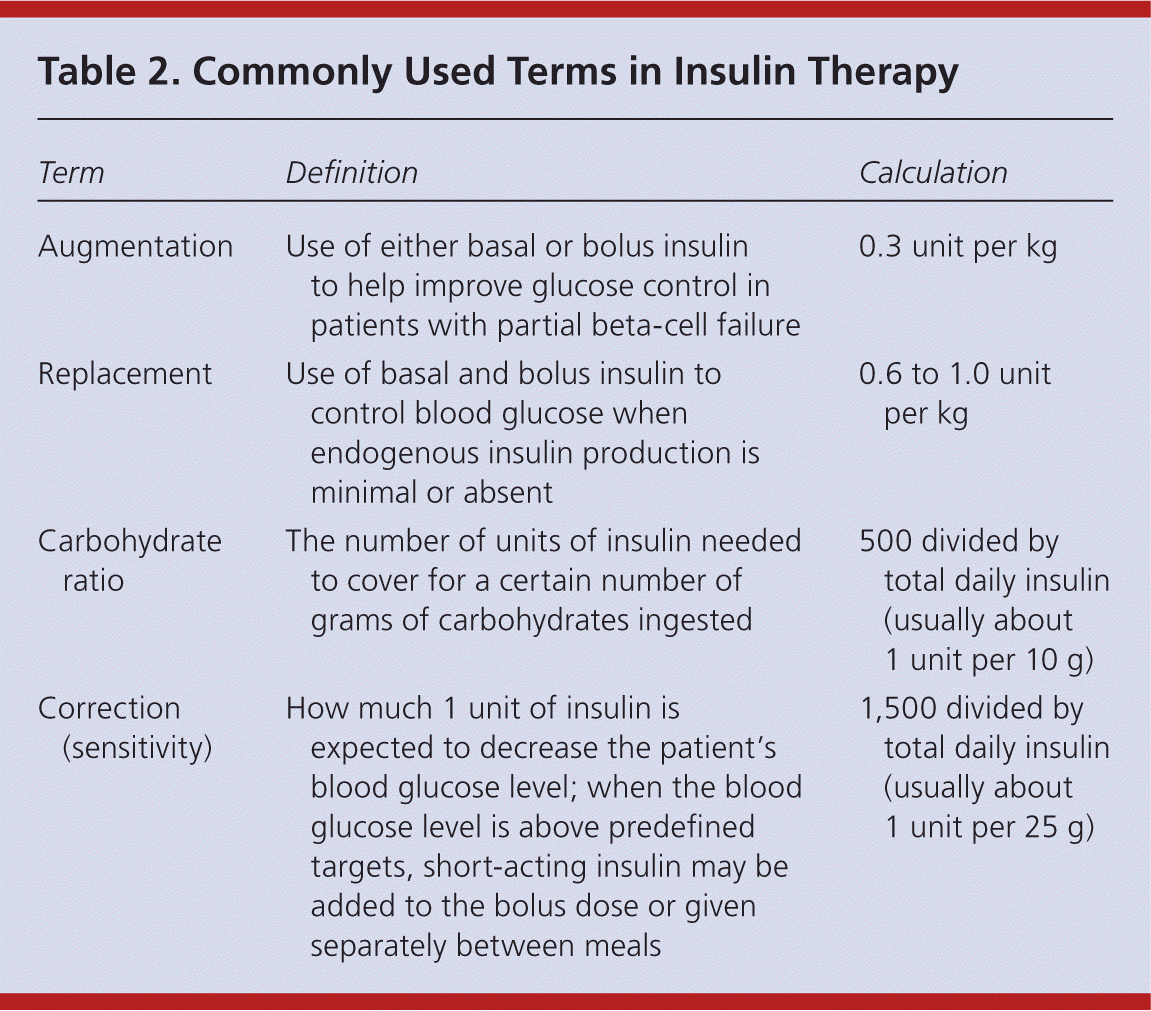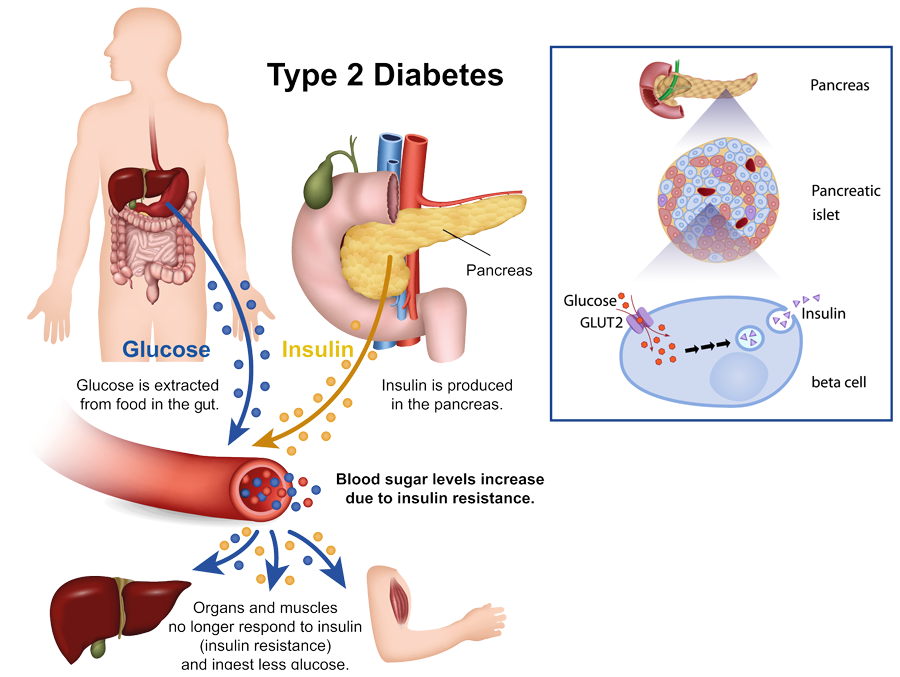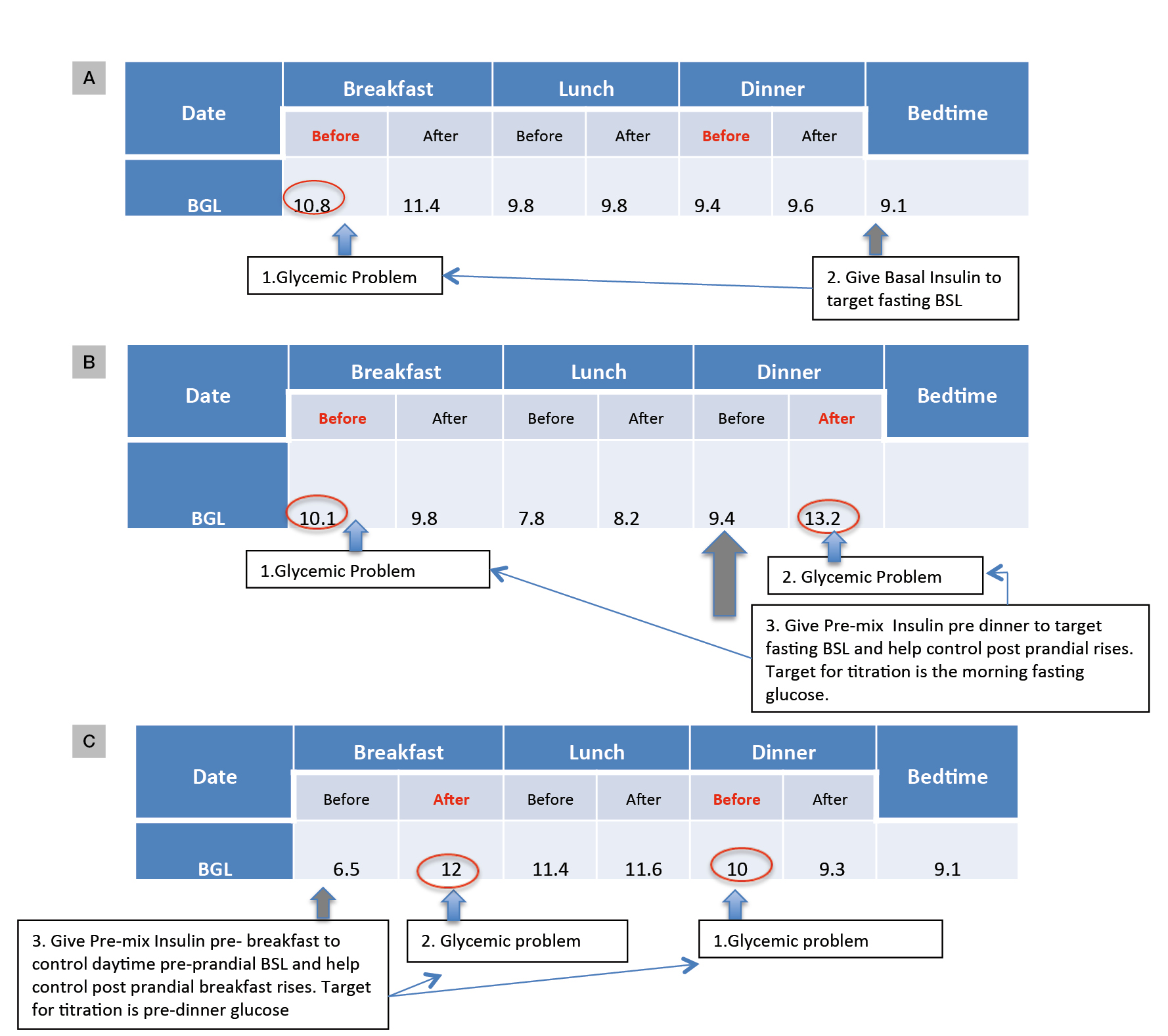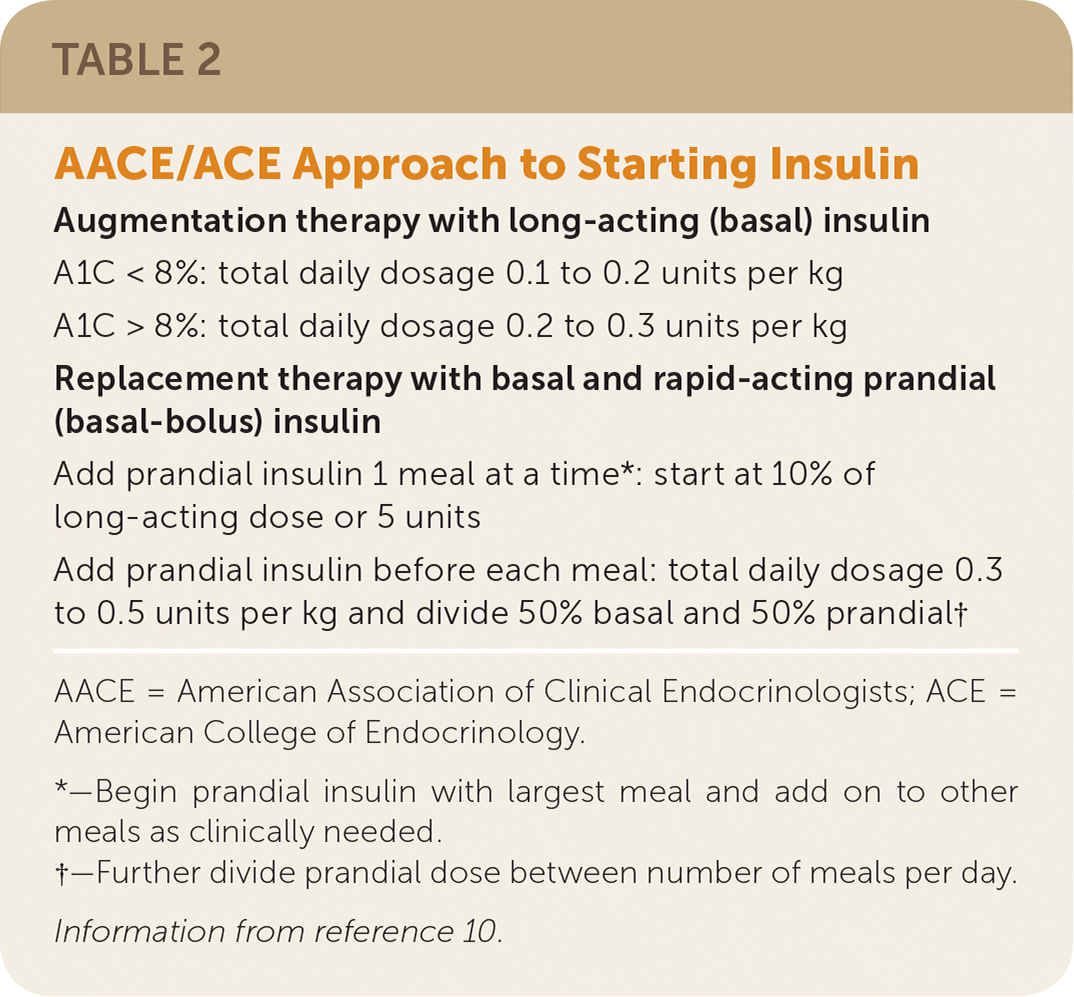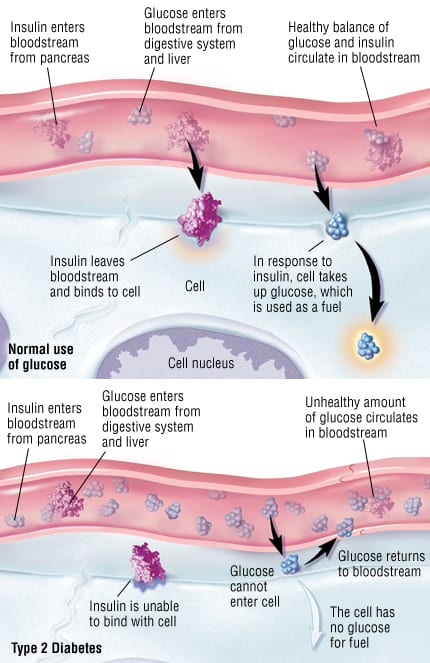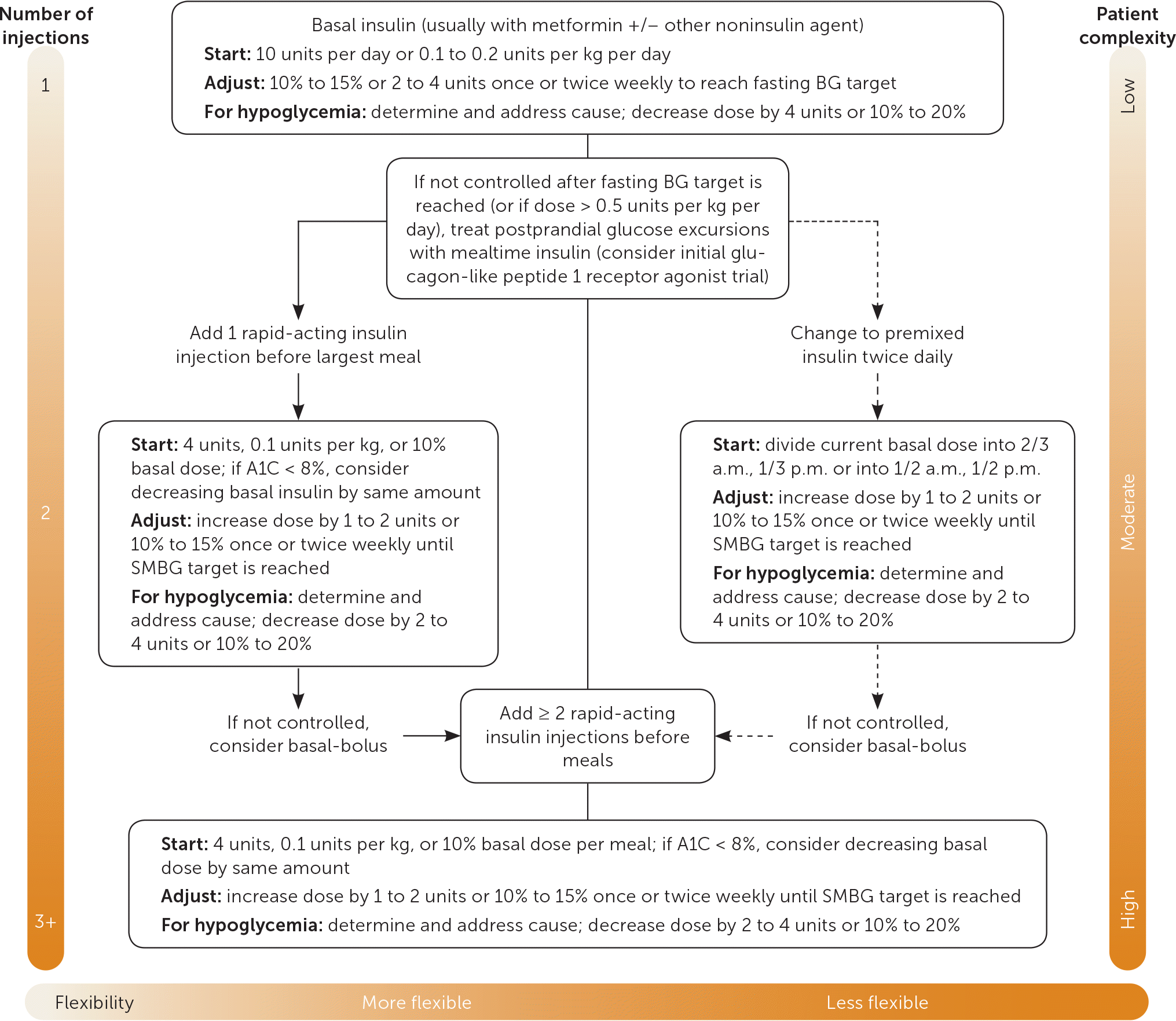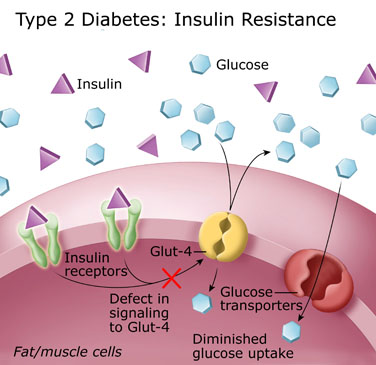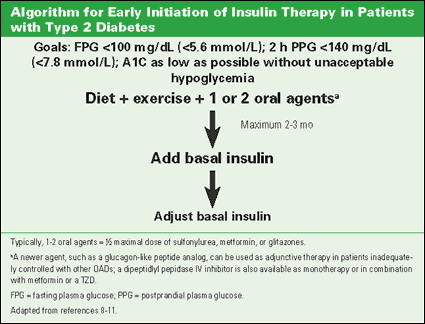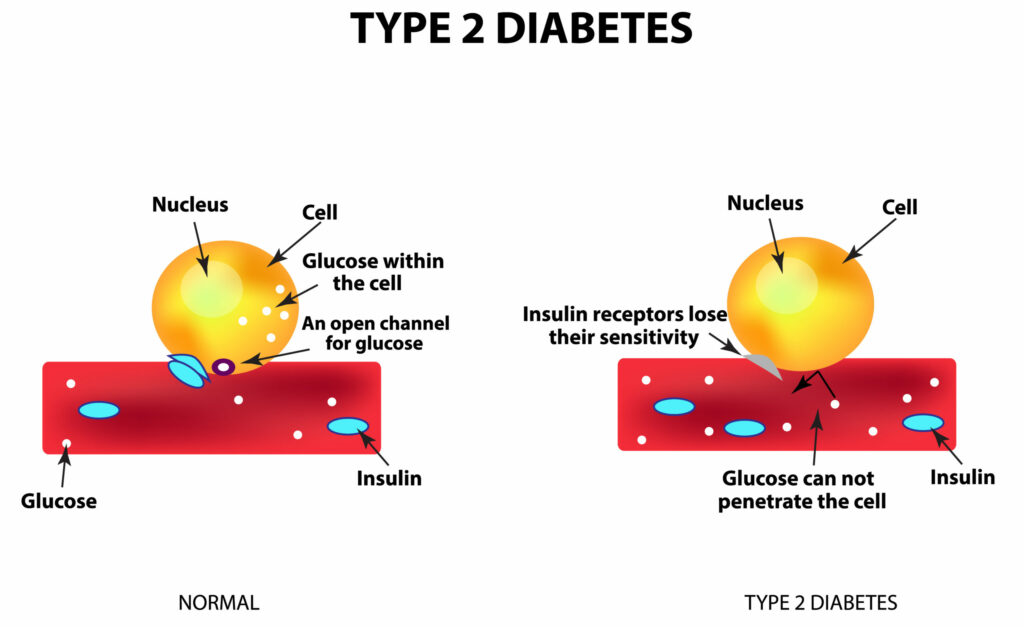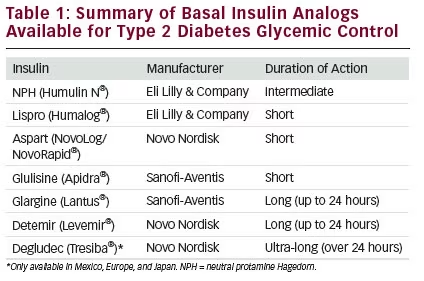What Everybody Ought To Know About How To Start Insulin In Type 2 Diabetes

To get the cho insulin dose, plug the numbers into the formula:
How to start insulin in type 2 diabetes. It’s typically taken once a day at the same time; Compared adding a morning injection of glargine insulin to type 2 diabetic patients failing oral medications with discontinuing the pills and starting. Depending on the type, you might start with 10 units a day.
50 both concentrations of tresiba flextouch lower a1c with a similar. Patients inject tresiba flextouch once daily at any time, but there must be at least eight hours between injections. This was a systematic review.
The insulin regimen with fewest barriers consists of one sc injection of basal insulin lantus in combination with oral agents. Introduction duodenal mucosal resurfacing (dmr) is an endoscopic ablation technique aimed at improving glycaemia and metabolic health in patients with type 2 diabetes. To identify the barriers and facilitators to start insulin in patients with type 2 diabetes.
Insulin for blood sugar control in the short term if a person's a1c is above 9% and they have symptoms, the american association of clinical endocrinologists suggests beginning them on. Finding out that you need to start taking insulin for your type 2 diabetes may cause you to become concerned. Unlike type 1 diabetes, which requires insulin for treatment, insulin may or may not be a part of your treatment plan with type 2 diabetes.
You are going to eat 60 grams of carbohydrate for lunch. Starting a new medication, especially. Insulin therapy is recommended for patients with type 2 diabetes mellitus and an initial a1c level greater than 9 percent, or if diabetes is uncontrolled despite optimal oral glycemic therapy.
Because type 2 diabetes mellitus is a progressive disease, most patients eventually need insulin. Or your doctor may base the first dose on your weight, based on about 0.2 units for every 2.2 pounds. This vital hormone—you can’t survive without it—regulates blood sugar (glucose) in the body, a very complicated process.
